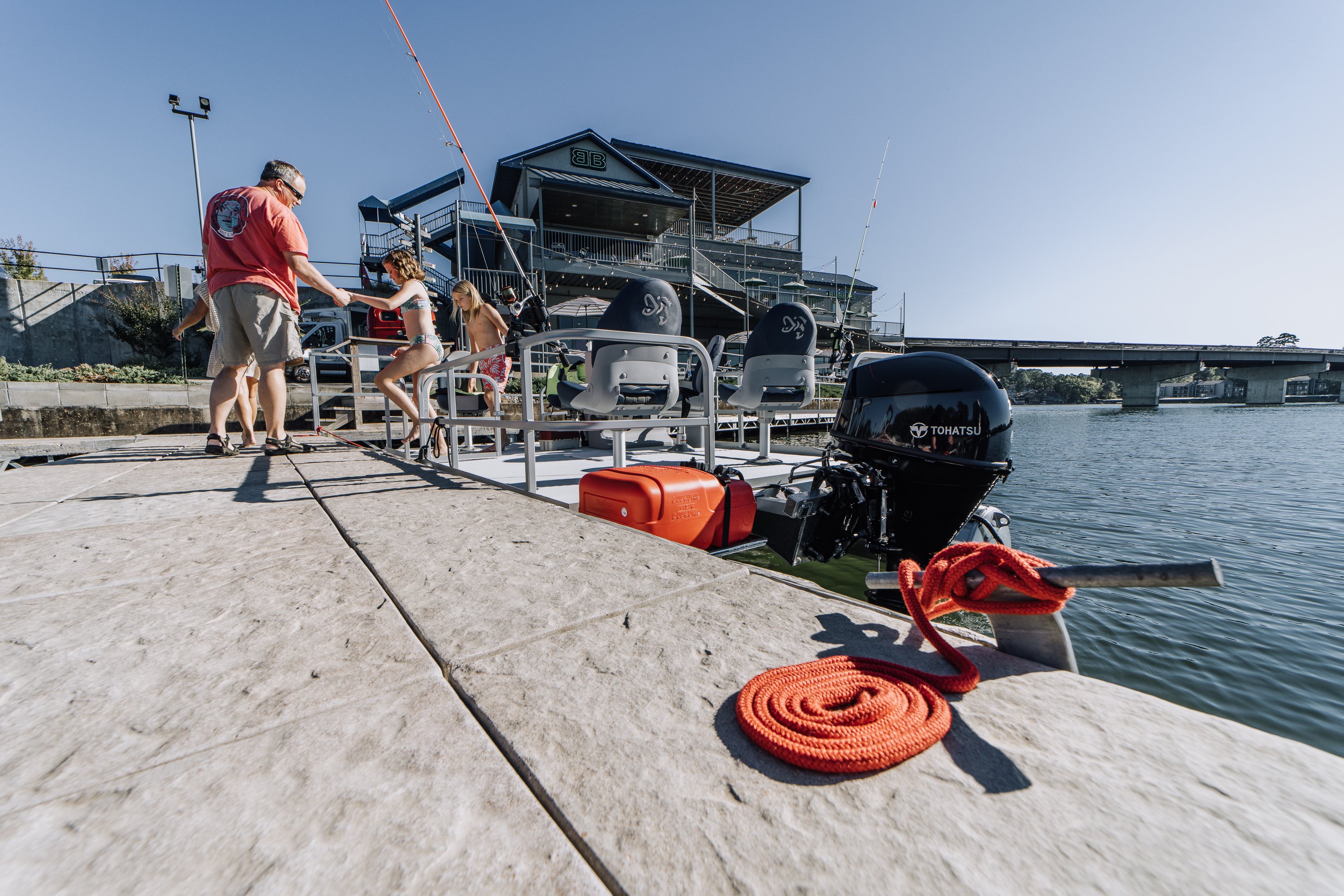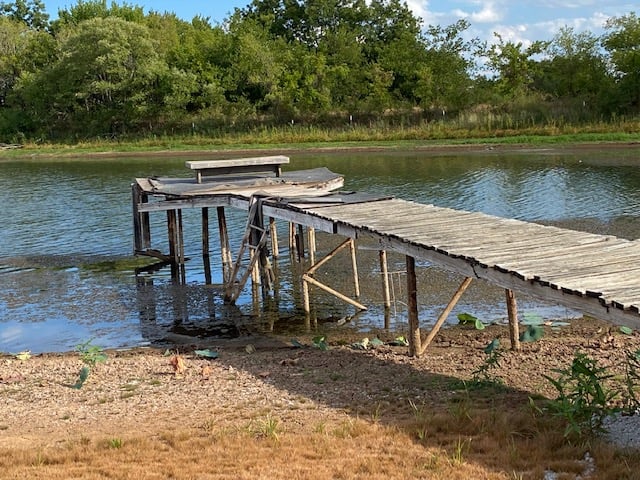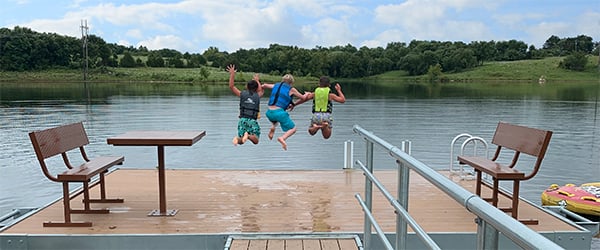Dock safety is a paramount concern for waterfront property owners. Every year, countless accidents and injuries occur around docks, making it crucial to understand the key factors that contribute to safety. Let's explore the topic of dock safety and compare floating docks vs. fixed docks, shedding light on why floating docks consistently outperform fixed docks in terms of safety.
The Basics of Dock Types: Fixed and Floating
Before we delve into the safety aspects, let's first establish the fundamental differences between floating docks and fixed docks. Floating docks, as the name suggests, are designed to float on the water's surface, while fixed docks are rigidly attached to the shoreline and the bottom of the body of water. This basic distinction sets the stage for understanding why one type is safer than the other.
4 Reasons Floating Docks are a Safe Choice
Reason #1: Stability and Water Level Fluctuations
One of the primary benefits of floating docks is their ability to adapt to water level changes. Whether it's due to tides, seasonal variations, or other factors, water levels can fluctuate significantly. Fixed docks are static structures, and as a result, they can become unstable when water levels rise or fall unexpectedly. In contrast, as long as there's water under a floating dock, it will remain level and stable, reducing the risk of accidents and ensuring a safer environment for users.
Consider this scenario: You have a fixed dock, and the water level suddenly rises due to heavy rainfall. With a fixed dock, the platform may become partially submerged, creating slippery and hazardous conditions. Floating docks, on the other hand, rise and fall with the water levels, maintaining a consistent and safe platform.
Reason #2: Reduced Risk of Accidents
Safety should always be a top priority when it comes to waterfront properties. Floating docks provide a significant advantage in this regard. Their flexibility and adaptability mean a reduced risk of accidents and injuries. Fixed docks, especially in areas with fluctuating water levels, can pose a higher risk of slips, trips, and falls.

Imagine your children playing near or swimming from the dock, or guests stepping onto it to board a boat. With a floating dock, the risk of tripping due to uneven surfaces caused by changing water levels is minimized. No matter the water levels, the platform of a floating dock will always be in close proximity to the platform of a boat.
Pros of a Floating Dock
When it comes to swimming from the dock, the safety factor remains consistent with floating docks. The distance between the water and the platform can be hazardous if the water levels have significantly dropped from the platform of a fixed dock.
With a floating dock, however, the water level will always be at the same distance from the platform, ensuring a safer and more enjoyable swimming experience. Therefore, floating docks offer a smoother and safer experience for everyone.
Reason #3: Durability and Maintenance
Another critical factor to consider is the long-term durability and maintenance of your dock. Floating docks are engineered to withstand the rigors of waterfront environments. They are typically constructed with materials that are resistant to corrosion and wear. This durability not only ensures the safety of your dock but also translates into cost savings over time.

Cons of a Fixed Dock
Fixed docks, on the other hand, may require more maintenance to keep them safe. Exposure to water, sunlight, and weather can lead to deterioration, which may go unnoticed until it becomes a safety hazard. The reduced maintenance requirements of floating docks make them an attractive and safe choice for waterfront property owners.

Reason #4: Weather Resilience
Weather can be unpredictable, and waterfront properties are particularly vulnerable to its effects. Floating docks are designed with weather resilience in mind. They can withstand extreme weather conditions, such as storms, high winds, and ice. This resilience ensures that your dock remains secure and safe during adverse weather events.
Consider the peace of mind that comes with knowing your dock can weather the worst Mother Nature has to offer. Floating docks provide that assurance, making them a sound choice for those seeking both safety and reliability.
The Benefits of Choosing a Floating Dock
In conclusion, understanding dock safety is essential for pond and waterfront property owners. When it comes to floating docks vs. fixed docks, the safety advantages and benefits of a floating docks are clear. They adapt to water level fluctuations, reduce the risk of accidents, require less maintenance, and offer weather resilience.
As you make decisions about your waterfront property, prioritize safety. Consider the benefits of floating docks in providing a secure and worry-free environment for your family and guests.
Investing in a floating dock is not just an investment in convenience; it's an investment in safety.
Contact Pond King for Custom Floating Docks
For more information or personalized advice on choosing the right dock for your needs, don't hesitate to reach out to us. We're happy to explore the options to help you enjoy your time "Down at the Pond".




